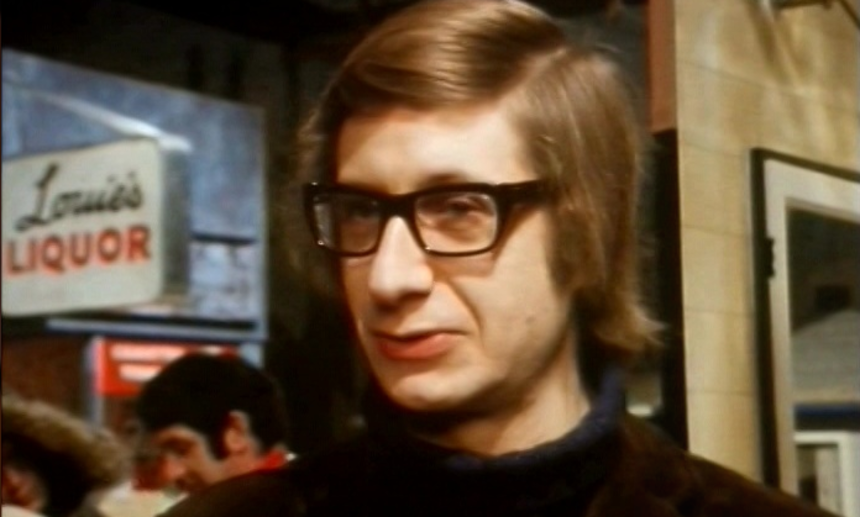Hot Docs 2017 Interview: Listen to Music On Screen - Tony Palmer on The Beatles, Leonard Cohen, Frank Zappa, Stanley Kubrick and More

Tony Palmer told this story far better than I ever could when he was introducing his TV works, All My Loving and All You Need is Love (Episode 14), at the 2017 Hot Docs Film Festival, but I’m going to persist in telling it anyway… soon.
Palmer was in town to receive Hot Docs’ 2017 Outstanding Achievement Award and present the festival with seven of his films. Considering that some of these films consisted of things like, Bird on a Wire: Leonard Cohen’s 1972 European tour, a vérité style collage-film of 60s pop via culture at large; The Beatles and the history of American music; The Beatles and WWII, and on, I wasn’t planning on missing out, nor did I intend to let the opportunity of having the perfect guest for this podcast escape us all. Did I mention he also co-directed Frank Zappa’s 200 Motels? He might not encourage your bringing this ordeal up, but it’s true - the above photo was taken on-set.
I only wish I was able to catch all seven of his Hot Docs screenings, which speak to his larger canon of fascinating films, all deeply engaging the performing arts; there’s Falls the Shadow, about playwright, Athol Fugard, The Harvest of Sorrow, a portrait of composer, Sergei Rachmaninoff, and Margot, Palmer’s look at legendary ballerina, Margot Fonteyn.
But there’s something extremely special about his decade taken in by the spell of the burgeoning rock and roll scene and his becoming one of the original cinematic witnesses to an explosive counterculture in the process. He was a trailblazing rockumentarian before such a practice existed and is one of the reasons future generations like mine and beyond are able to witness this musical revolution. In short, Palmer artfully opened a timeless window into music history.
It’s a story that continues from the last episode, just a few years after Link Wray rumbled the world with his electrifying guitar tones... when American roots music began seeping into British intrigue. For Palmer, it’s a story that begins while attending Cambridge in 1963, where he was working toward a complicated-sounding science degree. When The Beatles came to campus - this would be early enough in ‘63 that the Beatlemania epidemic had yet to sweep the world - Palmer was asked by the school newspaper, to which he contributed, to cover the band’s press conference...
After bemusedly witnessing the spectacle without comment, Tony was set to leave when he felt a tap on his shoulder. It was John. “Why didn’t you ask a question?, John inquired. “Because I found the whole thing rather silly”, said Tony, or something of the sort. “What are you studying?”, asked John. When Tony explained his science major, John responded “That sounds pretty silly to me.” John followed that up by asking Tony if he’d show him around campus. “No”, said Tony flatly. “Why not?” “Because getting mobbed by proximity to you does not sound like my idea of a good time.” John quickly retorted, “I’ll wear a disguise!” and they made a plan for Tony to meet John at his hotel. Upon arrival, Tony found John wearing a hat, a large beard, and eating a brown apple.
After spending the afternoon roaming the city, Lennon left Palmer with his phone number, suggesting Tony get in touch should he ever find himself in London. “I’m not going to be in London”, said Palmer plainly, and that was that. At least until the day came when Palmer finally did move to London in ‘66 and finally dialed that old number, once given to him by the now unimaginably famous lead-Beatle. A woman, who could very well have been John’s mother, answers and Tony discovers that he was far from the only person harassing this poor lady that day. Tony left his message and again assumed that was that, but 30 minutes later, the phone rings back. Tony answers. There’s no ‘hello’, just John asking, “What took you so long?”
That was an approximate telling of a priceless story, that only scratches the surface of the memories Palmer has to share. The rest, as they say, is history, and Palmer was good enough to discuss some of his own. Enjoy...
Contents:







